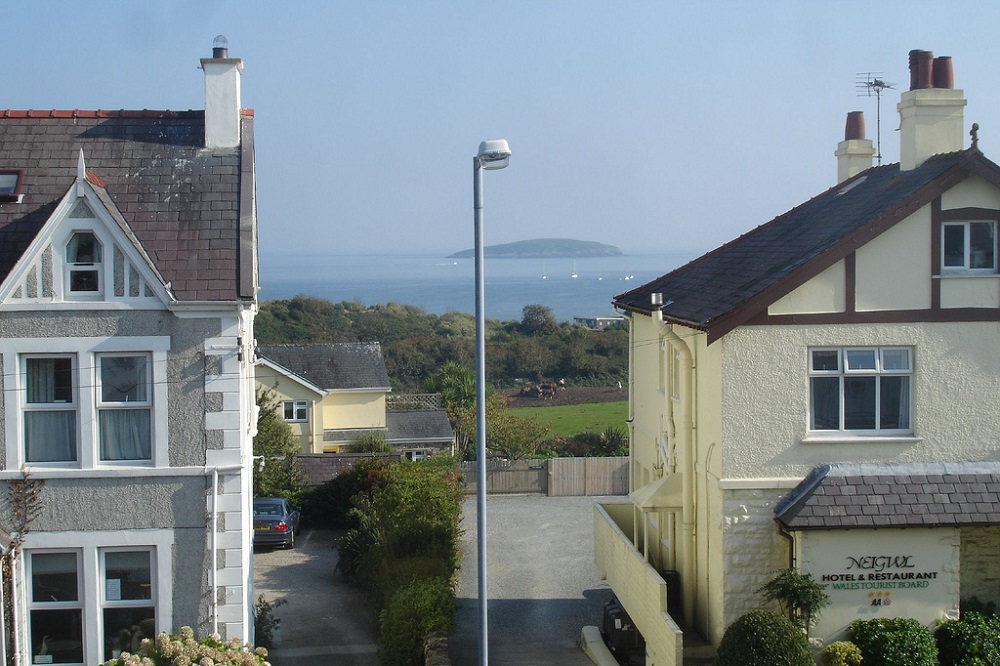Many more changing house names to Welsh than English in second home hotspots, data shows

Properties in second home hot spots were three times more likely to have their names changed into Welsh than into English last year, figures seen by Nation.Cymru show.
Twenty-two properties in Ceredigion, Pembrokeshire and Ynys Môn had their names changed from English or other languages into Welsh, compared with seven name changes from Welsh into English.
Ten properties were renamed in Welsh in both Pembrokeshire and Ceredigion, along with two more in Ynys Môn. The changes included Phil’s House being renamed Hafan Y Gigfran and Rose Cottage Chalet being renamed Ty Cariad.
Five of the name changes into English were in Pembrokeshire, with one each in Ceredigion and Ynys Môn. They included Hafan Fach being renamed Rosemary and Tyngwndwn being renamed Woodlands.
Properties without a name were still more likely to be given one in English than in Welsh. Fifteen properties previously only numbered, all of them in Pembrokeshire, were given names in English including Winterfell, Tequilla Sunrise and Lazy Days.
That compared to nine previously unnamed properties given Welsh names in Pembrokeshire, along with two in Ceredigion.
The changes were revealed through freedom of information requests to the four local authorities with the highest number of second homes according to the last census.
Gwynedd Council said it only held data for changes made since 2018, showing that 238 properties had their names changed.
They said they could not give details of individual name changes like the other local authorities “due to data protection. But they have said previously that six properties were renamed from Welsh into English during 2019.
[mid-contnt-banner]
‘Evidence’
A petition calling for a law to “prevent people from changing Welsh house names”, which was supported by more than 18,000 people, will be considered tomorrow by the Senedd.
“The impetus for starting the petition in the first instance, was the realisation whilst walking as a family during the Spring during lockdown, realising just how many houses/cottages/farms in our locality have lost their original Welsh place names,” Robin Aled Davies said in a letter to the Senedd’s petitions committee.
“I am a firm believer in the liberty of the individual, but when a lovely stone cottage within our own village that has its name changed to ‘Two Hoots’ as its on a sharp bend, there has to be a more rigorous system to safeguard its original name.”
But Eluned Morgan, minister for the Welsh language, has told the committee that such a law would be “extremely difficult to enforce and would possibly raise human rights issues”.
“We are gathering evidence to inform our consideration of future options, which might include local programmes, public awareness raising or, if necessary, legislation,” she added.
Ceredigion Council said recently that it has driven down the numbers of Welsh property names being changed by writing to owners asking them to reconsider their decision.
A report released by the Council in December also said: “We have examples of English residents, who have recently moved to the area, applying to change the name of their English property to the Welsh Language.”
Cymdeithas yr Iaith last week launched a legal toolkit to help home owners protect the name of their property by including a clause in any sale agreement which prevents a name change.
Support our Nation today
For the price of a cup of coffee a month you can help us create an independent, not-for-profit, national news service for the people of Wales, by the people of Wales.






